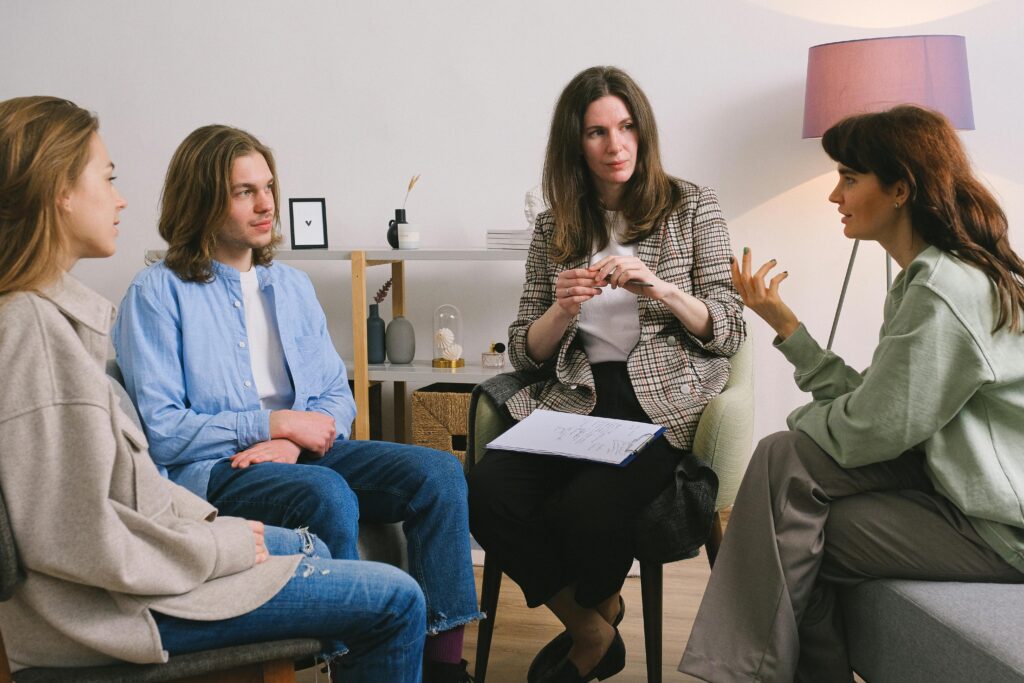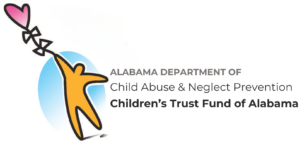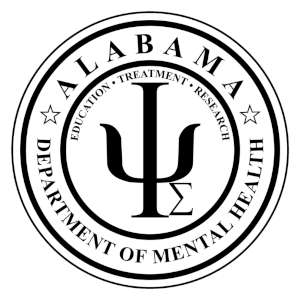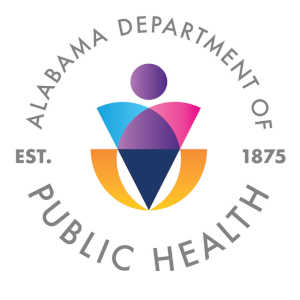Addiction is a far-reaching disease that has devastating impacts on those who suffer from it. However, it doesn’t just affect the addicted individual–it also affects their families and loved ones.
Families of people with substance use disorders go through a lot when dealing with an addicted loved one, and they need support, too. Fortunately, there are several types of support groups that can provide comfort and guidance to families of loved ones affected by substance abuse.
Understanding the Importance of Support Groups for Loved Ones
Family support groups play a crucial role in the journey of individuals with substance use disorders (SUDs) as well as their families.
Emotional Support
Dealing with a loved one’s substance use disorder can be emotionally taxing. Family support groups provide a safe space for family members to express their feelings, fears, and frustrations without judgment. Sharing experiences with others who understand can help alleviate the sense of isolation and provide much-needed emotional support.
Education About Addiction
Many family members may not fully understand addiction and its complexities. Support groups often provide education about addiction, its causes, effects, and treatment options. This knowledge helps family members develop a better understanding of their loved one’s condition, which can reduce stigma and misconceptions surrounding addiction.
Coping Skills
Addiction affects everyone in the family, and some family members may struggle to find ways to cope. Support groups offer practical coping strategies and skills to help family members manage stress, set boundaries, and communicate effectively with their addicted loved ones. Learning from others who have faced similar situations can provide valuable insights into what works and what doesn’t.
Peer Networks
When families who have never experienced addiction simply don’t understand, connecting with other families who are going through similar experiences can be incredibly comforting. Support groups allow family members to share advice, resources, and encouragement with one another. In many cases, support groups become somewhat of a second family to lean on.

Types of Family Support Groups for Substance Use Disorders
Some of the most popular types of support groups for families include:
Al-Anon
Al-Anon is a 12-step program for people whose lives have been affected by someone else’s drinking. It follows a similar 12-Step process as Alcoholics Anonymous (AA) and provides a supportive environment where family members and friends of individuals with alcohol use disorders can share their experiences, strengths, and hopes with one another. Al-Anon focuses on helping families understand alcoholism as a family disease and learn healthy coping mechanisms.
Alateen
Alateen is part of Al-Anon, but it is a fellowship dedicated specifically to young people (mostly teenagers) whose lives have been affected by someone else’s drinking problem. Alateen meetings offer a safe space for teenagers to share their experiences, receive support from peers, and learn how to cope with the challenges of having a family member who struggles with an alcohol use disorder.
Nar-Anon
Nar-Anon is a 12-Step support group for family members and friends of individuals who are struggling with drug addiction. Like Al-Anon, Nar-Anon provides a supportive environment where participants can share their experiences, gain an understanding of addiction, and learn healthy coping skills.
Parents of Addicted Loved Ones (PAL)
PAL is a Christian-based, non-profit support group specifically designed for parents dealing with a child or young adult who is struggling with substance use disorder. PAL meetings offer education, support, and resources to help parents navigate the challenges of having a child with addiction. The program emphasizes self-care, setting boundaries, and fostering healthy communication within the family.
Families Anonymous
Families Anonymous is a 12-step fellowship for the family and friends of individuals with drug addiction or related behavioral problems. The program encourages participants to work through the 12 steps, attend meetings regularly, and support one another in their journey toward recovery and healing.
SMART Recovery Family & Friends
SMART Recovery Family & Friends stems from SMART (Self Management and Recovery Training), a CBT-based approach to substance abuse recovery. SMART Family & Friends is a science-based support program for individuals affected by the addictive behavior of a loved one. It incorporates elements of cognitive-behavioral therapy (CBT) and motivational interviewing to help participants develop coping skills, set boundaries, and promote healthy communication within the family. The program emphasizes self-empowerment and practical strategies for managing the far-reaching impacts of addiction on the family unit.
NAMI Family Support Group
NAMI (National Alliance on Mental Illness) Family Support Group is a peer-led support group for family members, caregivers, and loved ones of individuals living with mental health conditions, including substance use disorders. These groups provide a safe and confidential space for participants to share their experiences, receive support, and learn from one another. NAMI Family Support Groups aim to foster understanding, empathy, and hope within the family.
Grief Recovery After Substance Passing (GRASP)
GRASP is a support group specifically for individuals who have lost a loved one to substance use disorder or addiction-related causes. These groups provide a compassionate and understanding environment where participants can share their grief, stories, and memories of their loved ones. GRASP meetings offer emotional support, validation, and resources to help individuals cope with the unique challenges of grieving a substance-related death.
Don’t Hesitate to Get the Support You Need
Whether it’s through programs like Al-Anon, Nar-Anon, or SMART Recovery Family & Friends, these support groups provide a lifeline for families navigating a loved one’s addiction. If someone you love is struggling with addiction, don’t hesitate to seek support for yourself and the rest of your family. After all, you have to take care of yourself before you can help someone else.









